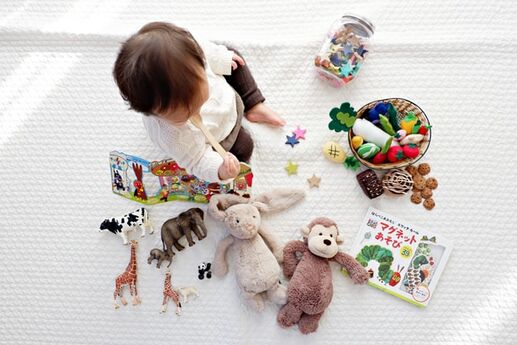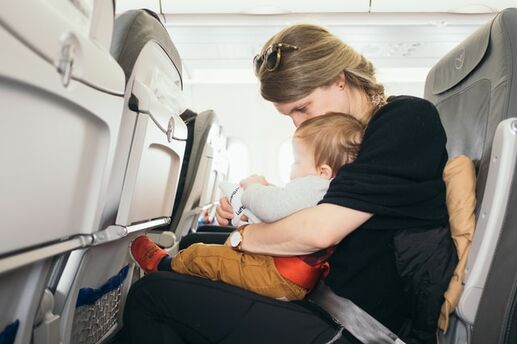Newborn Care Tips
As a new mom, when you bring your baby home, it can be overwhelming to have such a little person dependent on you. Figuring out those baby care basics and how to best care for your newborn is not always something we just know. Whether this is your first child or fourth, the first few weeks with a newborn are both divine and exhausting.
There's a lot that goes into newborn care, and you'll receive advice from just about everyone. Here are some tried and true tips that have come in handy for new moms.
1. Trust your instincts.
No one knows your baby the way you do. If you feel something is not right, trust your instincts. If you believe your baby needs something in particular, go ahead and provide your newborn with the care you feel is right.
2. Get rest.
You will need all the energy you can muster to care for your newborn, especially in the first month or two after birth. Work out a schedule with your partner that allows you both to sleep and take care of your baby at night. During the day, rest when your newborn sleeps. Don’t be afraid to ask trusted family and friends to care for your baby for a few hours if you need to get some rest.
3. Ask for and accept help.
If you have friends and family close by, ask for help and accept it when offered. Let them do your laundry, bring you meals, and hold your baby. You need to put all pride aside and face the fact that you can't do it all by yourself.
4. Focus on your baby.
Concentrate on that precious baby of yours. Give him lots of attention and deepen your bond. If you have older children, include them as best you can in caring for their new sibling -- they also need your attention and love.
5. Sing to your baby.
Regardless of what you think of your singing voice, sing to your baby whenever possible. You can sing anything from classic lullabies to modern-day songs. The point is for your baby to hear your voice, which fosters healthy baby development.
6. Hold your baby a lot.
Cuddle with your newborn. Hold your baby close to your chest. Rock your baby. All these things will strengthen your bond and help your baby feel safe and secure.
7. Relax the rules.
Give yourself plenty of time to nurse, comfort, and bond with your baby, keeping other activities to a minimum. Don’t put pressure on yourself to cook every day and keep the house spotless. If you need to eat sandwiches or cereal for dinner one night, so be it. The key is to make this time as stress-free as possible -- there will be plenty of time later to return to your regular schedule.
Most of all, enjoy these early, precious days with your baby -- they pass too quickly.
Photo by Jimmy Conover on Unsplash







